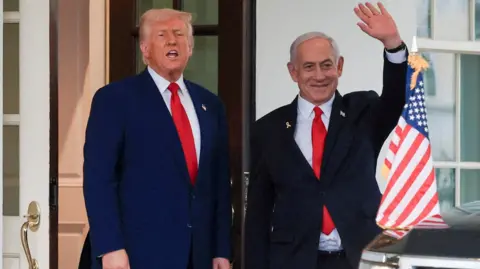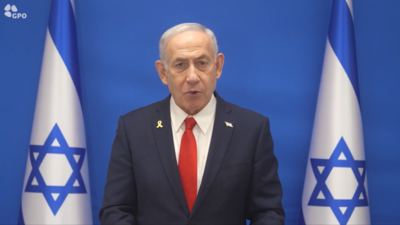Introduction
In the aftermath of the Netanyahu Iran conflict, the Israeli prime minister is attempting to turn military momentum into political survival. Yet, as tensions ease with Iran, public trust remains deeply fractured back home. Can Netanyahu transform battlefield success into electoral advantage?
From Ceasefire to Combat: A Calculated Move?

Earlier this year, Netanyahu dismissed a US-brokered ceasefire that was releasing hostages from Hamas. Instead, he reignited conflict in Gaza, insisting that war would continue until Hamas was fully dismantled. Critics argue the move was less about national security and more about prolonging his political lifespan.
While this raised eyebrows, his surprise military offensive on Iran, targeting nuclear facilities, was met with widespread approval in Israel. Over 80% of Jewish Israelis backed the strike, according to Reuters. Netanyahu quickly leaned into this boost, hinting at early elections.
Do Israelis Still Trust Netanyahu Iran conflict?
Despite this success, Netanyahu’s trust ratings remain low. A recent Israel Democracy Institute poll shows fewer than 50% of Israelis express even partial trust in him. Many see his decision to resume war in Gaza as political, not strategic. Around 59% of the population now wants the war in Gaza to end in exchange for the remaining hostages.
The Likud party has gained a few Knesset seats in recent polls, but not enough to form a majority coalition. As this internal analysis notes, Israeli politics remain deeply fragmented Netanyahu Iran conflict.
Corruption Cases & Legal Battles
Netanyahu also faces an ongoing corruption trial with charges including bribery and breach of trust. His legal team recently failed to delay the case on emergency grounds due to the Iran war. Internationally, Netanyahu also faces arrest warrants from the International Criminal Court over alleged war crimes in Gaza, where over 55,000 Palestinians have died.

Donald Trump’s support hasn’t helped. While he praised Netanyahu as a “warrior,” his call to cancel the corruption trial was met with criticism across Israel’s political spectrum. Even opposition leader Yair Lapid called it an insult to Israel’s judiciary.
Will He Call Early Elections?
Early elections are being discussed in political circles, but they are far from guaranteed. Most analysts agree it’s a high-risk move. The war in Gaza isn’t over. Hostages are still held by Hamas. And while Netanyahu’s military strategy has bought time, it hasn’t secured a governing majority or renewed trust.
Even within his own coalition, cracks are showing. The Likud Party would need to rally right-wing and religious parties to gain 61 seats, but ideological divides make this increasingly difficult.
International Reputation & Future Prospects
Netanyahu’s global reputation has taken a hit. Prolonging the Gaza conflict is seen by many world leaders as reckless. The International Criminal Court’s involvement may also hinder his future diplomatic plans.
However, Netanyahu has survived countless political crises. With his latest military gambit, he may once again rewrite the rules of Israeli politics—if he can rebuild public trust.
Conclusion

Benjamin Netanyahu’s military campaign against Iran gave him a brief political lifeline. But trust, legal challenges, and a fractured electorate continue to haunt his premiership. Israelis are asking hard questions—and unless they get clear answers, the Iran conflict may not be enough to save his leadership.
Explore more updates on Gaza War developments and Netanyahu’s corruption trial only on The Morning News Informer.









